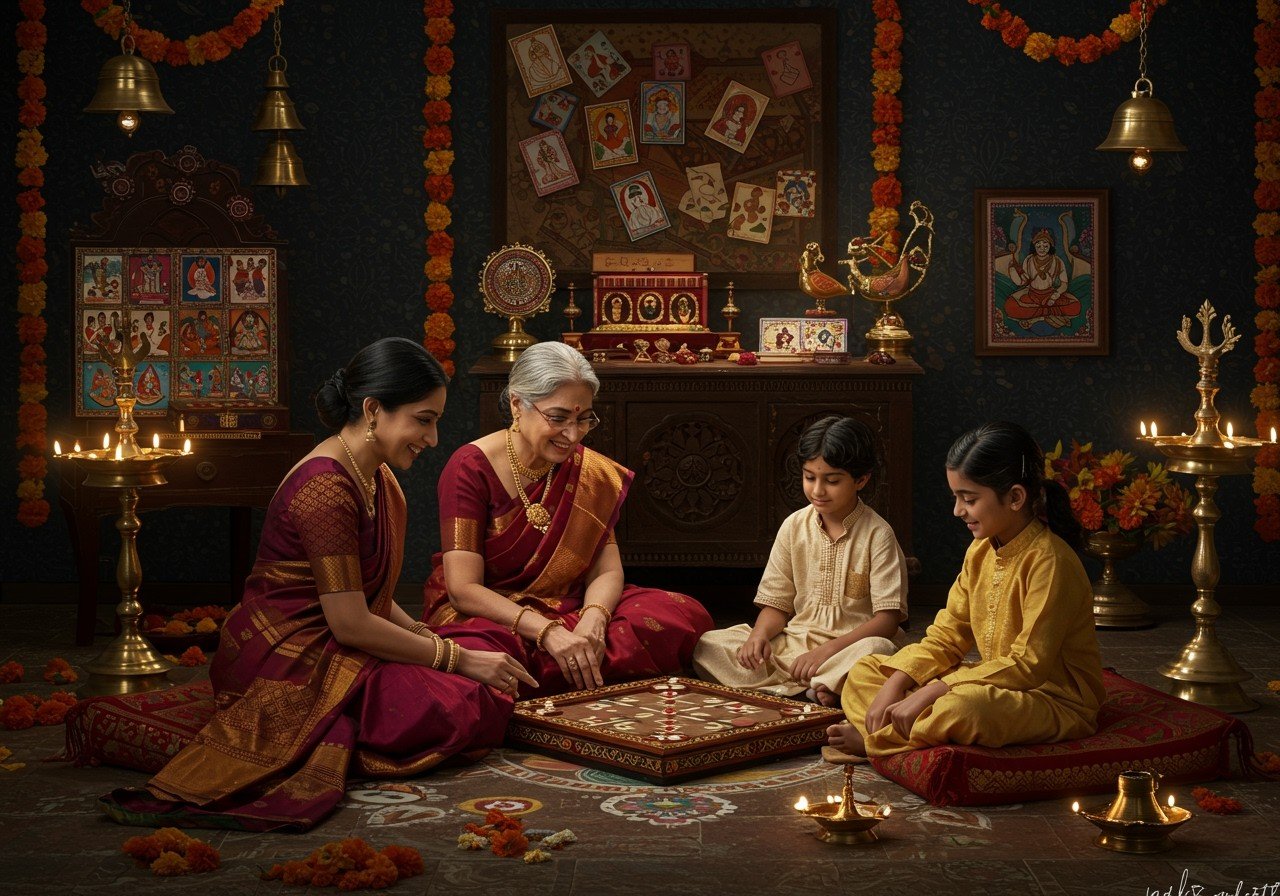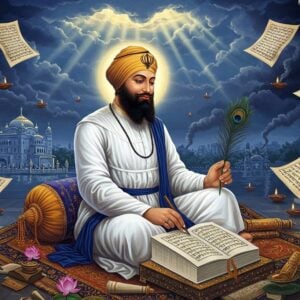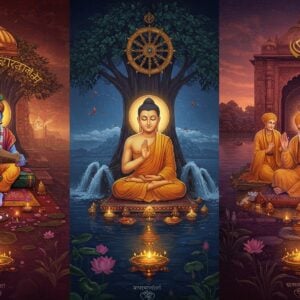
India’s traditional indoor games form a vibrant tapestry of cultural heritage, cherished across generations. These games, passed down through families, are more than just amusement; they’re a blend of entertainment, skill development, and the transmission of cultural values. In today’s fast-paced digital world, these games offer a cherished connection to our roots, fostering social interaction and strategic thinking.
Exploring the Richness of Traditional Indian Games
Let’s delve into some of the most beloved traditional indoor games that have graced Indian homes for centuries.
- Carrom: This captivating board game, believed to have originated in India in the 18th century, involves flicking a striker to pocket carrom men on a square wooden board. Carrom hones hand-eye coordination, focus, and spatial awareness, making it a popular choice for family gatherings. Check out our range of traditional games accessories at Poojn.in.
- Chess (Chaturanga): With roots stretching back over 1500 years, Chess, originally known as Chaturanga in ancient India, is a timeless testament to strategic thinking. Played on an Ashtapada board, this game sharpens memory, focus, and strategic planning. This ancient game is a true treasure of Indian heritage.
- Pallankuzhi: This traditional South Indian game, played with cowrie shells or tamarind seeds on a wooden board, is a fantastic way to enhance mathematical skills, concentration, and decision-making. Pallankuzhi is often a cherished family tradition, passed down through generations.
Explore traditional handcrafted items at Poojn.in. - Moksha Patam (Snakes and Ladders): This ancient Indian dice board game, known worldwide as Snakes and Ladders, offers a playful journey through morality. Navigating the board with its symbolic snakes and ladders teaches valuable lessons about life’s ups and downs, promoting patience and resilience.
- Pachisi/Chaupar: Steeped in history, Pachisi/Chaupar was a favorite among royalty in ancient India. Played on a cross-shaped board, this game requires strategic thinking, discipline, and a touch of luck. Find beautiful traditional handcrafted items at Poojn.in.
- Aadu Puli Aatam (Goat and Tiger Game): Originating from Tamil Nadu, this engaging strategic game simulates a battle of wits between goats and tigers. Aadu Puli Aatam enhances problem-solving, decision-making, patience, and focus.
Discover traditional brass items perfect for your home at Poojn.in. - Antakshari: More than just a game, Antakshari is a musical celebration, often enjoyed at family gatherings. This lively game involves singing songs based on the last letter of the previous song, boosting memory, creativity, and teamwork.
- Gutte/Five Stones: This simple yet engaging game involves tossing and catching stones, developing hand-eye coordination and agility. Gutte/Five Stones is a popular pastime for both children and adults.
The Cultural Significance and Educational Value
These traditional games are not merely pastimes; they are integral to Indian culture, reflecting social norms and values. They teach essential life skills such as patience, strategic thinking, and teamwork while strengthening family bonds and preserving cultural heritage. Games like Chowka Bara instill patience and planning skills, while Chess enhances cognitive abilities. These games serve as an engaging medium for storytelling, keeping folklore alive and connecting generations.
Preservation Efforts and Modern Adaptations
In a world increasingly dominated by digital entertainment, preserving these traditional games is vital. Cultural organizations are actively working to document and teach these games to younger generations. Digital platforms are also playing a crucial role, with online versions and mobile apps breathing new life into these timeless classics. Schools are incorporating these games into their curricula, while community events celebrate them, fostering a sense of cultural pride. The potential for sustainable business models that benefit artisans and entrepreneurs is also being explored.
The Future of Traditional Games
The future of traditional games in the face of globalization and digitalization presents both challenges and opportunities. While they face competition from modern digital entertainment, they also have the potential to be integrated into tech-savvy lifestyles. Government and cultural bodies are supporting preservation efforts, and international collaborations are promoting these games globally. Continued research and documentation are essential to ensure that these cultural treasures are not lost to time.
Rangoli Art: Traditional Designs and Symbolism Explained
Udupi Sri Krishna Matha: A Journey Through History, Significance, and Practices


